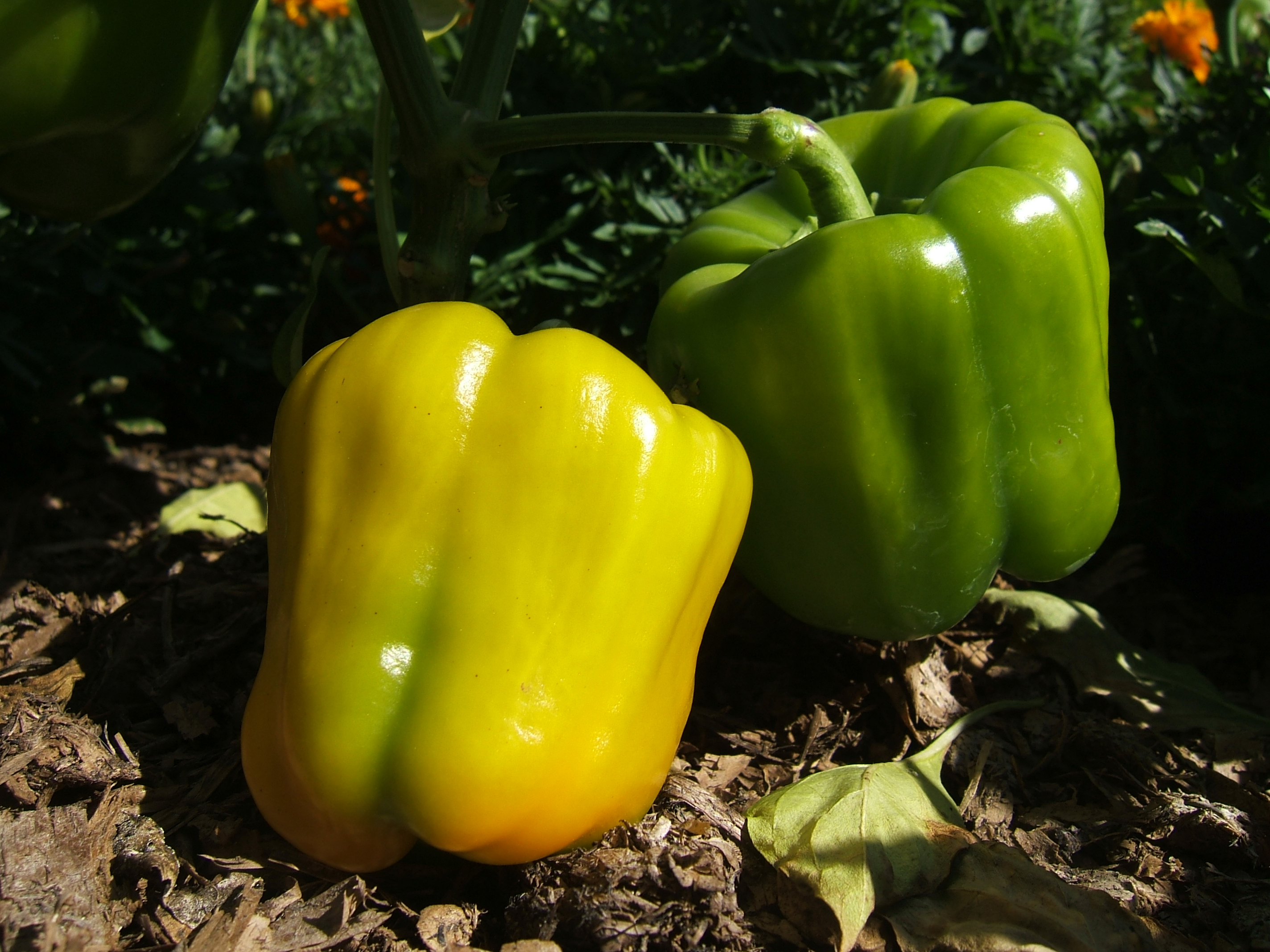Organic Vs. Synthetic Fertilizers: Which Is Best for Supporting Healthy And Balanced Pepper Plants?
In the realm of nurturing healthy pepper plants, the option between organic and synthetic plant foods stands as an essential decision with far-reaching effects. While both options objective to provide important nutrients to sustain plant development, the nuances of their influence on the soil, plant health, and the setting trigger a dispute that mirrors throughout the gardening community. Comprehending the unique benefits and prospective mistakes of each fertilizer kind is crucial for pepper growers seeking to optimize their yields while maintaining a sustainable and eco-conscious method.
Benefits of Organic Plant Foods
Organic fertilizers provide an environmentally-friendly and lasting approach to beneficial pepper plants, giving important nutrients without the use of synthetic chemicals. These natural plant foods are obtained from organic sources such as compost, manure, bone dish, and algae, promoting soil health and biodiversity. Unlike artificial fertilizers, organic alternatives release nutrients slowly, guaranteeing a balanced and constant supply for pepper plants to grow.
One substantial benefit of organic plant foods is their capacity to enhance soil structure and water retention. By enhancing dirt wellness, organic fertilizers promote advantageous microbial task, which helps in nutrient uptake by pepper plants. Additionally, natural plant foods minimize the danger of chemical run-off, securing water sources from pollution and protecting the environment.
Furthermore, organic plant foods add to long-term soil fertility by promoting the growth of helpful soil organisms. These organisms assist break down raw material, releasing nutrients in a kind that is easily available to pepper plants. best fertilizers for peppers. By fostering a healthy dirt community, natural plant foods sustain sustainable pepper cultivation methods that benefit both plants and the setting
Drawbacks of Synthetic Plant Foods
Synthetic fertilizers, in contrast to their natural counterparts, position various drawbacks when made use of to nourish pepper plants, influencing both plant health and wellness and environmental sustainability. One significant downside of artificial plant foods is their tendency to leach nutrients from the soil promptly.
Moreover, the overuse of artificial fertilizers can add to water air pollution. Excess fertilizers not absorbed by plants can wash away into water bodies, causing eutrophication, where algae blossoms deplete oxygen degrees in the water, hurting marine life. Moreover, synthetic plant foods are typically originated from non-renewable sources, such as fossil fuels, adding to carbon exhausts and ecological destruction during their production.
Nutrient Absorption Contrast
When comparing artificial and natural plant foods in terms of nutrient absorption, natural plant foods have the benefit of providing a more balanced and slow-release source of nutrients. Organic plant foods include a selection of macro and micronutrients that are not only helpful for the plants but likewise advertise healthy soil microbial activity, which aids in nutrient uptake.
Moreover, natural fertilizers improve soil structure and water retention capability, enabling pepper plants to gain access to nutrients much more effectively. This enhanced soil quality helps with origin growth, making it possible for far better nutrient absorption. Artificial plant foods, although initially boosting plant growth because of their high nutrient concentrations, might prevent lasting nutrient absorption by derogatory next soil health and wellness gradually.
Ecological Influence Considerations

On the various other hand, artificial plant foods, although frequently even more concentrated and quickly available to plants, can have destructive impacts on the environment if not used appropriately (best fertilizers for peppers). Their production needs high power inputs, leading to greenhouse gas emissions and adding to environment modification. In addition, the runoff of excess artificial fertilizers can pollute water sources, bring you can try this out about eutrophication and harming marine ecosystems.
Best Plant Food Practices for Peppers
To attain this, it is vital to follow ideal fertilizer methods tailored to the specific demands of pepper plants. One important practice is to perform a soil examination before using any type of fertilizers.
One more essential method is to fertilize pepper plants at the ideal time. Usually, peppers take advantage of getting fertilizer at growing and after that once more when they start to flower. Over-fertilizing can lead to vitamins and mineral inequalities and damage the plants, so it is important to comply with suggested application rates.
Furthermore, selecting a balanced fertilizer with an NPK ratio that fits pepper plants' needs is essential. Inevitably, combining artificial and organic plant foods carefully can assist nurture healthy and balanced pepper plants while minimizing ecological impact.
Final Thought

Organic fertilizers supply an environmentally-friendly and lasting strategy Bonuses to nourishing pepper plants, giving important nutrients without the usage of artificial chemicals. Unlike artificial plant foods, organic options release nutrients gradually, guaranteeing a consistent and balanced supply for pepper plants to prosper.
Synthetic fertilizers, in comparison to their organic equivalents, present different downsides when made use of to nourish pepper plants, affecting both plant health and wellness and ecological sustainability. When comparing natural and synthetic fertilizers in terms of nutrient absorption, organic plant foods have the advantage of giving a more well balanced and slow-release source of nutrients.In addition, organic fertilizers enhance dirt structure and water retention capacity, permitting pepper plants to access nutrients more efficiently.
Comments on “Picking the Best Fertilizers for Peppers: Professional Recommendations”